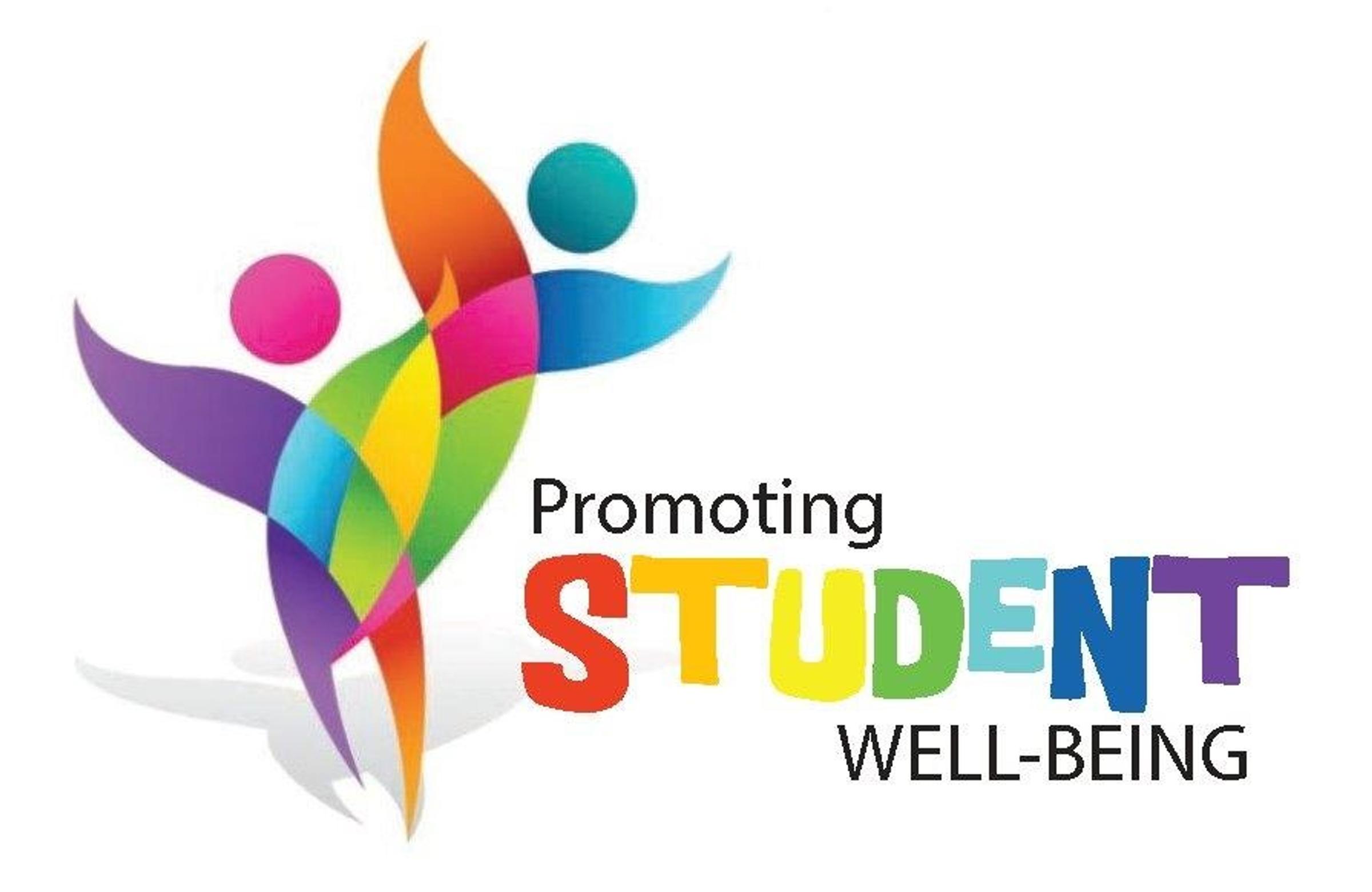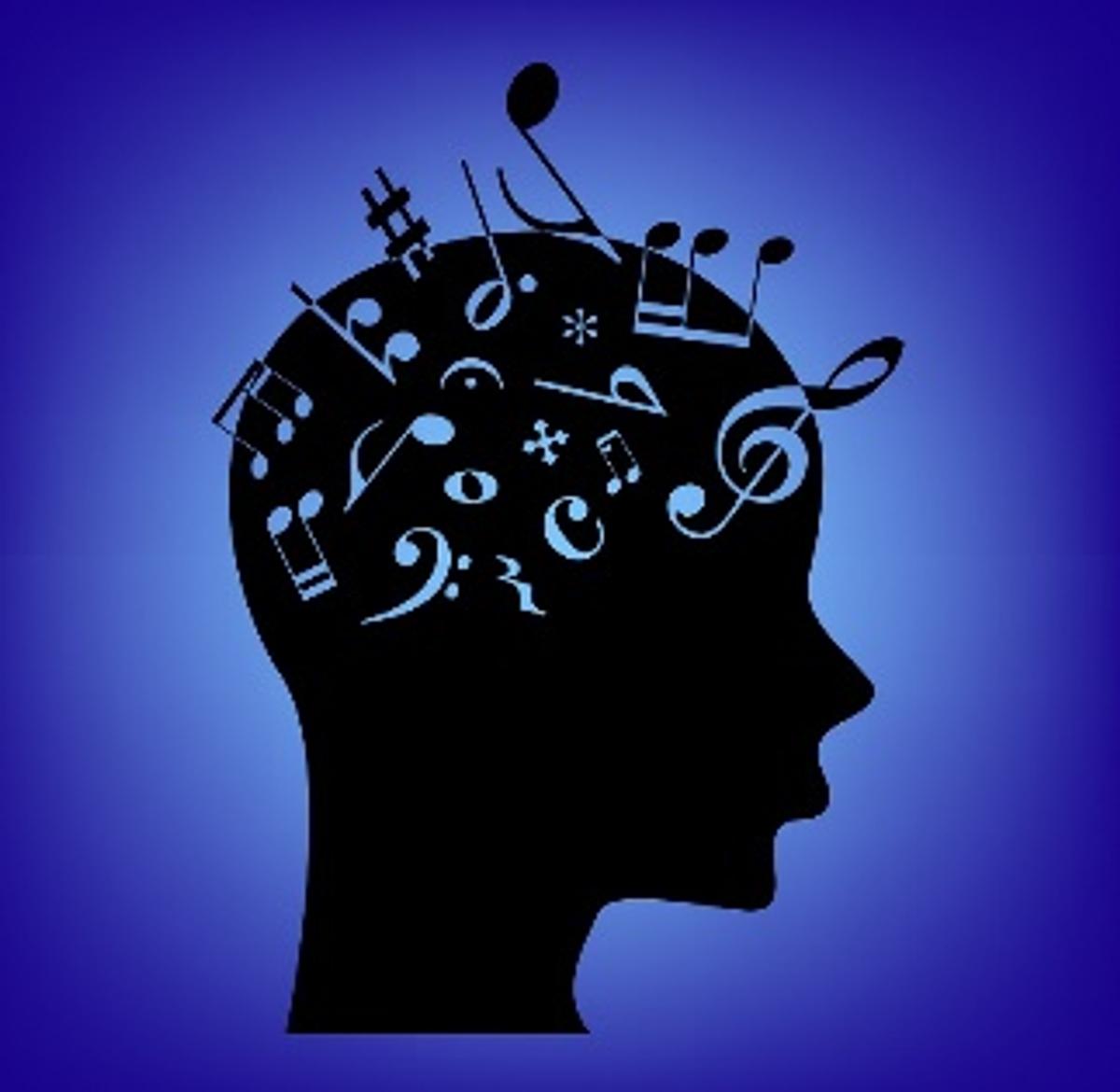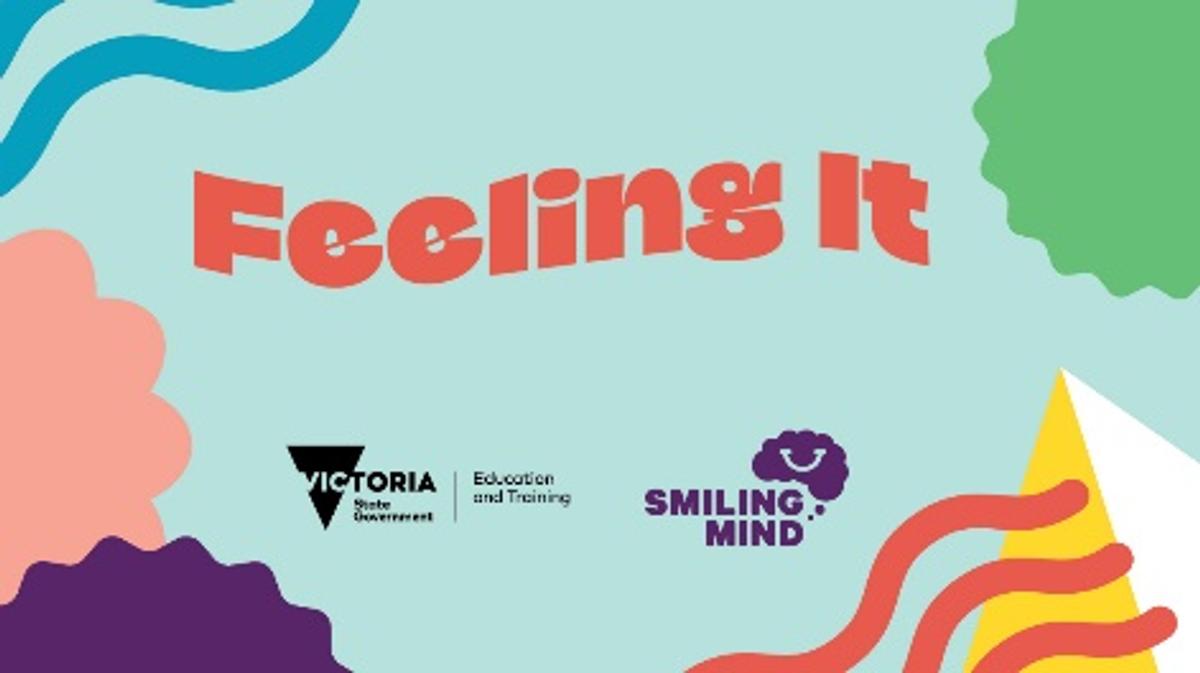Promoting Student Wellbeing

Music Matters!
Dear Parents and Carers,
At VUSC, student wellbeing is a both a priority and shared responsibility of all staff. Student health and wellbeing is essential for promoting student engagement, motivation and success, enabling our students to aspire to achieve, respect themselves and others and to be informed, and mindful of, how they can strengthen their community.
In addition to our designated Student Wellbeing Team, our VUSC Student Engagement Policy notes the importance of ensuring a positive and inclusive school culture in which every student has the opportunity to succeed, thereby enabling a resilient, growth mindset.
Music Matters collated by the VUSC Music Domain is the first in a series of school newsletter articles in which teachers will share with us how learning, and learning in a particular subject, supports the wellbeing and engagement of our students. And for those of us who may not play a musical instrument, research suggests that music can stimulate the body's natural feel good chemicals (e.g. endorphins, oxytocin). It can help energise our mood and provide an outlet for us to take control of our feelings. Music can even help us work through problems in our lives. No doubt many of us have a favourite song that never fails to bring a smile to our face.
THE IDENTIFIED BENEFITS OF MUSIC MAKING ON SOCIAL AND EMOTIONAL WELLBEING
We all know that music is our universal language, however did you know that it has SO many benefits for your health and overall wellbeing, particularly for adolescents?
The Music Team at VUSC have collated their TOP SIX overall benefits of playing music.
- Identity and Expression: We all remember being an adolescent ourselves, right? Not knowing who we are, the impact of social stigma and everything in between! The importance of developing an identity as an adolescent is essential. Adolescents require a way to express themselves through their everyday wellbeing.
- Making connections: Playing music allows you to meet new people, as does discussing your music tastes. You never know who you will meet, playing a piece with new people!
- Teamwork: Ever tried rowing a four-rower boat with three people? Try playing rock music without a drummer! Adolescents need meaningful connections, as well as to make meaning of their work. Playing music and later performing it with other people aids in this.
- Stress- relief: Challenging both sides of the brain, as musicians do is so important for ‘switching off’ from complex tasks, or schoolwork. Playing music and listening to music allow adolescents to do just that!
- Confidence building: Ask any adult about the most nerve-wracking thing they do and they will generally answer with public speaking and/or presenting in front of their peers. Performing music that you play is terrifying for any person, let alone an adolescent, who is already self-conscious. However, the more you perform, the more confident you become!
- Brain development: Playing music uses both the left and the right sides of the brain, thus allowing messages to get across the mind and body quicker! Musicians often have higher level of executive function, as well as higher memory function.
If you would like more information about the huge benefits of Music to your or your child’s brain, feel free to watch this TEDx talk here: How playing an instrument benefits your brain - Anita Collins - YouTube
Collated by the Music Professional Learning Team: M. Orford, R. Breen, M. Smith and F. Morris.
*************************************************************************************************
A message from the Mental Health Practitioner
Hi VUSC community,
Siobhan here, VUSC’s Mental Health Practitioner.
I wanted to tell you about a really great and FREE online course called Partners in Parenting. This award-winning and evidence-based program is fully online and self-paced, and includes personalised feedback. It includes modules on topics such as parenting through the pandemic, managing conflict, supporting good physical and mental health for your teen, how to recognise warning signs for poor mental health and many more, all designed to support you as a caregiver to support the mental health and wellbeing of the young people you live with. There is also access to discussion boards where you can connect with other people who are parenting/caring for teens.
I also wanted let you know about a great initiative from Smiling Mind called ‘Feeling It’. This is a web series for secondary school students designed to support them through the ups and downs of adolescence, sharing tips and tricks for young people to support their own mental health. Supported by the Victorian Department of Education, the series is available through the Smiling Mind app in the ‘Youth’ section. It includes videos, activities and meditations that promote self-awareness and emotional intelligence while teaching skills of mindfulness and self-regulation. Check it out!
Stay well everyone,
Siobhan





